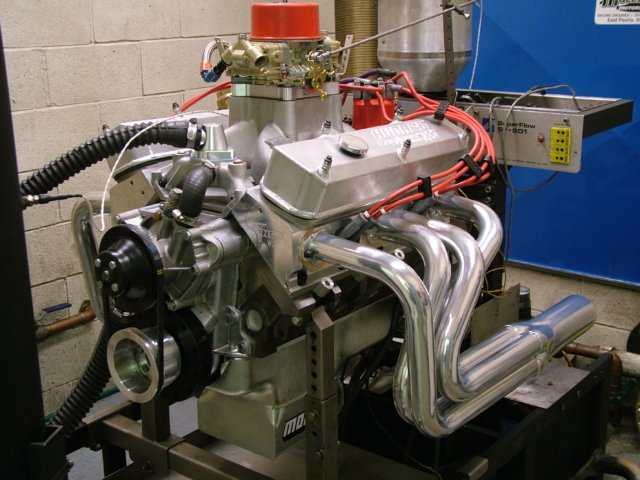
In today's sermon, I reflected on the concept of God's power as potential, drawing upon two vivid images from my own life. Firstly, my two adult sons, who are passionate about trucks, constantly discuss the power potential of different models. This fascination with power, as potential, resonates with me deeply. Secondly, I recalled an encounter with Fenn Dunn, a respected engineer in our church community. He once explained to me that power, whether in an engine or in God's realm, remains potential until it is actively connected to a mechanism that drives it forward — much like how a truck's engine power is only realized when it is transmitted to its wheels.
Applying this analogy to God's power working in our lives, I turned to the passage from Ephesians 1:15-23. Here, the author emphasizes God's immense power over creation, using the term "Power" four times to underscore this point. While some assume Ephesians was written by the Apostle Paul, scholars believe it was written by one of his followers writing in Paul's name. This practice known as Pseudepigraphy describes several letters ascribed to Paul.
While some of these writings may differ from Paul's main corpus in style and focus, they still contain theological insights that resonate deeply. In Ephesians, we are reminded that God's power is not just raw force but a will that seeks to guide and empower us. However, this power remains potential until we actively choose to embody it through our actions and decisions.
Discerning God's will requires us to immerse ourselves in scripture and teachings such as those found in Micah 6:8 and the commandments to love God and others unconditionally. By aligning our choices with these principles, we move from merely acknowledging God's power to actualizing it in our lives. This deliberate alignment may not always be popular or easy, but it offers a sense of peace knowing we've chosen to serve God's greater good.
Ultimately, like an engine revving on a block, God's power awaits connection to our actions and decisions. It is up to each of us to decide how we will harness and channel this power in our daily lives, thereby affirming our commitment to serve the Lord, as Joshua did. Through thoughtful reflection and faithful action, we can ensure that God's will is not just a potential force but a realized power shaping our journey of faith.
Amen.
No comments:
Post a Comment